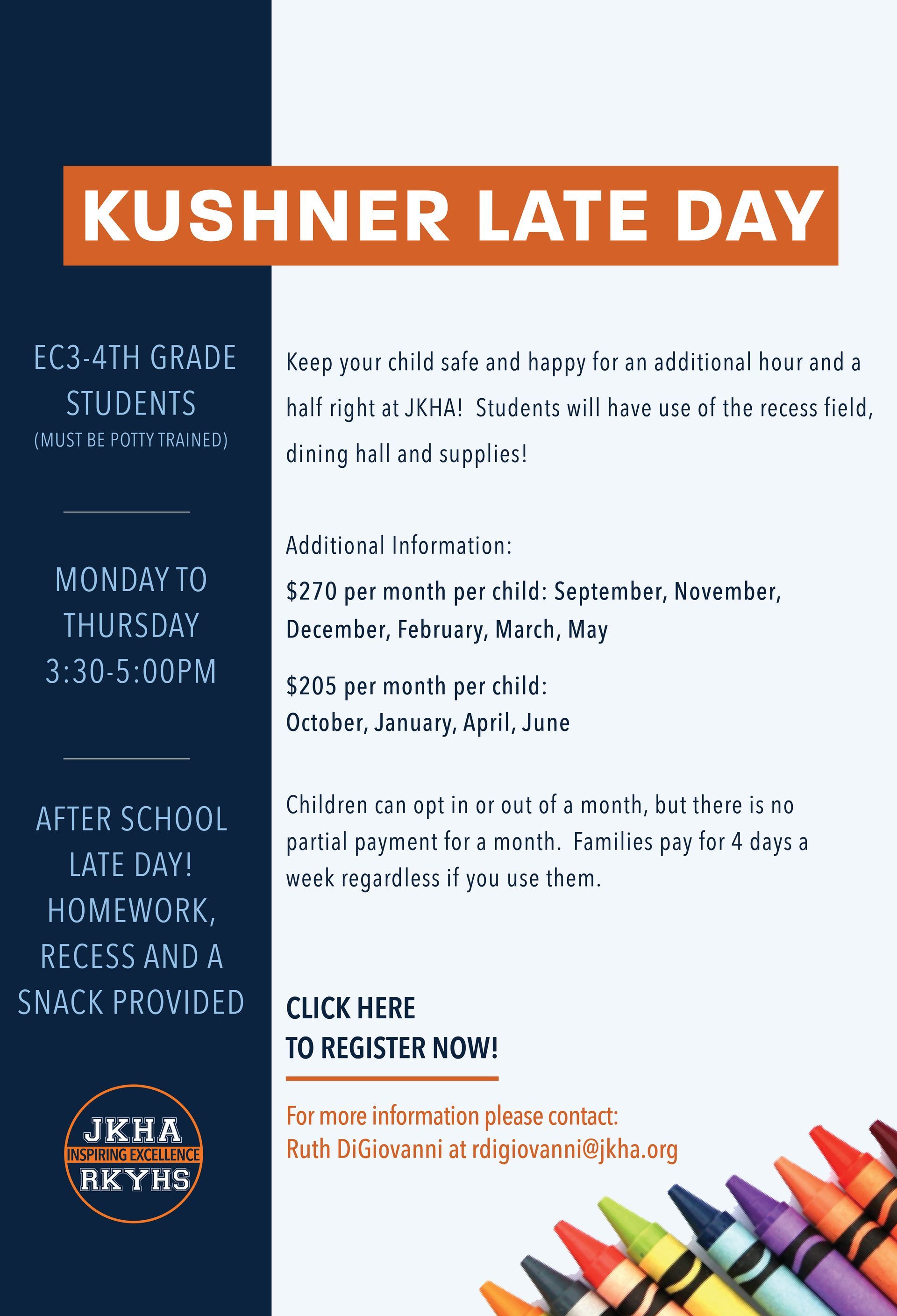Explore
Inspiring Academic Excellence
The mission of the Lower School at JKHA is to inspire spiritual, academic, social and emotional excellence in all of our students. By utilizing a differentiated approach, our faculty and school leaders strive to meet the evolving needs of every student. We understand that the journey through academic and emotional growth is never the same for each child. A differentiated approach involves teaching that provides each student within a diverse classroom community of learners a range of different avenues for understanding new information. Acquisition of content and processing new information looks different for varying groups of students as does making sense of a lesson, expressing ideas and even organizing materials. Differentiation means that all students in a classroom can learn effectively, regardless of enrichment or modification needs.
By working in small learning groups, students are typically placed with students who demonstrate similar levels of academic achievement. Fluid groups are designed to allow any child to be placed with children of like abilities for any given topic. Constant monitoring of academic progress lends itself to fluctuating groups. This process is a catalyst for our students being challenged, setting new academic goals and milestones to work towards and being able to supply necessary enrichment and modifications when necessary.
Child-Centered Environment
The nurturing and child-centered environment at JKHA allows us to focus on the needs of each and every student. Formal and informal assessments allow teachers to tailor their instruction, setting individual goals for each child and encouraging our students to be comfortable taking risks. Upon entering our school, there is an immediate sense that we are a family. We create a culture of excellence in which administrators, educators and families are all committed to the academic, emotional, religious and spiritual growth of eachchild. We are at the forefront of 21st century learning and have created systems to allow our students to learn with the latest advancements in educational technology. Our students are inspired to think creatively and collaboratively through project-based learning, critical reading, writing and STEM courses. JKHA’s Rebbeim and Morot develop strong relationships with their students and serve as inspiring role models for religious growth in an environment that stresses excellence in learning and skill development. JKHA strives to cultivate in our students a passion for Judaism that is manifest in a lifelong commitment to Torah study, Tefilla, respect for all people, devotion to the State of Israel and positive contributions to society. We look forward to welcoming you to our school family.
Curriculum Overview
JKHA/RKYHS has crafted a one-of-a-kind, comprehensive curriculum guide to reflect learning goals for each grade from Early Childhood through High School as well as standards that reflect the skills for different levels of excellence. Driven by developmentally-appropriate academic expectations and differentiated assignments, materials and lessons evolve with the ever-maturing and developing student population.
Social and Emotional Support
The Lower School Guidance Department is dedicated to providing individualized support to help all students reach their full potential socially, emotionally and academically. Our goal is to empower students to make positive social choices and foster developmental growth within all of our students.
The Guidance Department:
- Cultivates a relationship and gets to know each and every child as an individual. Different therapeutic methods are utilized to help all children feel comfortable expressing themselves in a supportive and non - judgmental environment.
- Facilitates and develops regular social skills lessons in each classroom. These programs focus on a wide range of topics that are valuable to our students as they grow; such as social skills, building friendships, managing emotions and internet safety.
- Offers individual and group counseling services to provide support to students who are dealing with challenges, and to provide them with the skills and tools needed to succeed within school.
- Works closely with the Lower School administration, teachers, parents and individual therapists to ensure that the needs of each student are being met and that there is a consistent plan implemented to support each child.
- Provides outside referrals and other resources if necessary.


